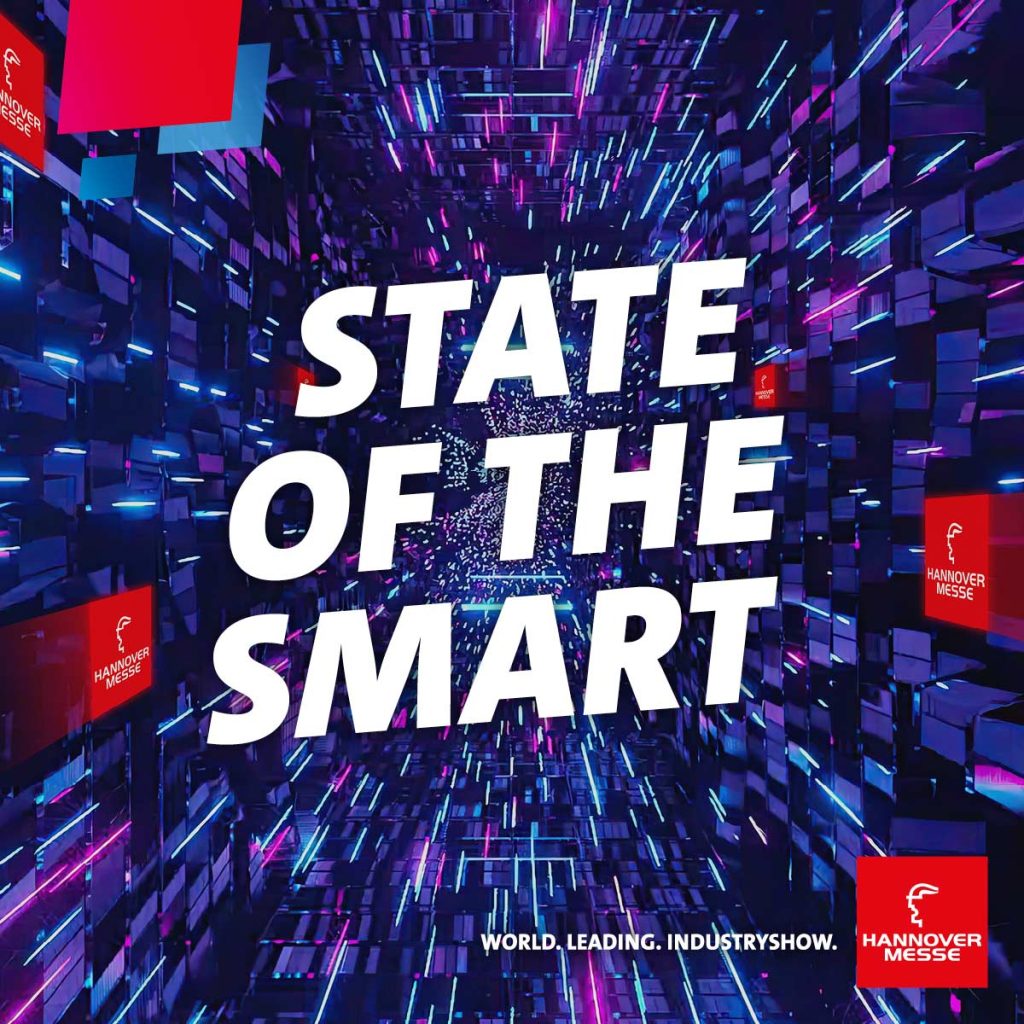International colloquium will discuss AI ethics at PUCRS
Next week, the 8th International Colloquium on Bioethics, Neuroethics and Ethics in AI will be held (https://www.raies.org/8coloquiointernacional), in the auditorium of Building 9 of the Pontifical Catholic University of Rio Grande do Sul (PUCRS) , in Porto Alegre. The event will debate issues related to these themes. The objective is to contribute to the consolidation of research into the ethics of artificial intelligence and the regulation of AI in Brazil, integrating startups, companies, society and the academic environment. To this end, the event will bring together researchers, professors and postgraduate students between April 8th and 12th.
Currently, the world is seeing technology advance rapidly, with emphasis on AI. With an increasingly central role in the lives of human beings, ethical precepts and security mechanisms must accompany this evolution. It is in this context that the colloquium takes place. The event is part of the RAIES project (Ethical and Safe Artificial Intelligence Network), which is developed with members of NAVI – Tecnopuc’s Data Science and Artificial Intelligence Hub and has the support of the Dean of Research and Postgraduate Studies. “We have several renowned participants who have been working in the area for several years, in universities in Brazil and around the world. The idea is to discuss the subject in a broader way, so that we all have more knowledge about the area”, explains the RAIES researcher , linked to NAVI, Aline Santos Barbosa, coordinator of the 8th Colloquium on Bioethics, Neuroethics and Ethics of AI.
The program can be seen at https://raies.org/coloquio-de-bioetica-neuroetica-e-etica-da-ia/#programa.
To participate, it is not necessary to register. Registration, free of charge, is necessary for those who wish to receive a certificate, and can be done by creating a login on this page: https://webapp.pucrs.br/inscricao-siproex/?projeto=00fa9e6e34a8fa76
Some of the main speakers are:
Carrie Muntean, United States Consul General in Porto Alegre
Before being assigned to her post in Porto Alegre, Carrie was deputy director of the State Department’s Office of Central American Affairs. She was also director of a team dedicated to expanding the culture of leadership, management and innovation within the Department of State. Before pursuing a diplomatic career, Carrie dedicated herself to researching methods to improve data collection by the United States’ national academies of science.
Letícia Batistela, president of Procempa
She began her career working on building solutions for the legal use of technology in corporate environments. She worked on building innovation institutes from the initial idea to her legal training. Currently, she is the CEO of Procempa and works on solutions to impact the citizens of Porto Alegre.
Lisiane Lemos, extraordinary secretary for Digital Inclusion and Support for Equity Policies of the RS government
In 2017, she was recognized by Forbes magazine on the Under 30 list of the youngest and brightest entrepreneurs as a result of her activities related to inclusion and diversity in the corporate environment. In 2018, she was named one of the Most Influential People of African Descent (Mipad/UN) under 40. Currently, she is a professional speaker on technology, innovation, diversity and inclusion in the corporate environment. Furthermore, she is a guest professor at the MBA in Big Data and Analytics at PUCRS.
Jennifer Chandler, Ottawa University (Canada)
She is a professor of law at the Center for Health Law, Policy and Ethics at the University of Ottawa, Canada. Her research focuses on the law, ethics, and politics of advancing biomedical technologies. Together with a multidisciplinary group of collaborators, she addresses issues at the intersection of neuroscience, neurotechnology, law and ethics, as well as issues related to organ donation, transplantation and replacement.
Cinara Nahra, professor at UFRN
Professor at the Department of Philosophy at the Federal University of Rio Grande do Norte (UFRN), where she has been since 1995. She works especially in the area of ethics and moral philosophy, on topics such as principled ethics, utilitarianism, deontoutilitarianism, neuroethics, enhancement, moral enhancement , ethics and politics, prejudice, moralism and bioethics. She is the Humboltian with the most postdoctoral studies at Oxford.
Renato Janine Ribeiro, USP/SBPC
He is a philosophy professor, political scientist, writer and columnist. Minister of Education of Brazil between April and September 2015, he was elected president of the Brazilian Society for the Progress of Science (SBPC) in June 2021. He is Professor of Ethics and Political Philosophy at the Faculty of Philosophy, Letters and Sciences Humanities at the University of São Paulo (FFLCH-USP). He currently works as a columnist for the newspaper Valor Econômico.
Joel Barbosa, Procempa
Employee and coordinator of the Procempa Diversity, Equity and Inclusion Committee (CDEI). Specialized in ICT and Technological Administration. He currently represents Procempa on the Black Council.
Carine Weber, UCS
She is a professor of Computer Science at the University of Caxias do Sul (UCS). Her work includes topics such as intelligent systems, machine learning, artificial intelligence in education, child-robot interaction, and environmental intelligence. She currently works with digital literacy in schools in Caxias do Sul.
Steven S. Gouveia, University of Porto (Portugal)
PhD in Neurophilosophy of Mind from the University of Minho, in Portugal. He is currently leading a six-year project on the ethics of artificial intelligence in medicine. Some of his areas of interest include philosophy and ethics of artificial intelligence (in medicine); neurophilosophy of mind and cognitive science; applied ethics (sex robots, voting, animal ethics, humor, effective altruism, etc.); neuroscience and philosophy of consciousness and predictive processing; democratic theory and epistocracy.
Márcia Santana Fernandes, Hospital de Clínicas de Porto Alegre/UFRGS
Associate researcher at the Laboratory for Research in Bioethics and Ethics in Science at the Research Center of the Hospital de Clínicas de Porto Alegre (Lapebec/HCPA). She is a member of the HCPA Bioethics Committee and coordinator of the Center for Studies in Law, Health and Bioethics at the Escola Superior da Magistratura do RS (ESM). She focuses her studies on human rights and law, with an emphasis on civil law and fundamental rights; bioethics; ethics in science; biobank; biotechnology; intellectual property law; technology transfer and innovation; clinical research and law.
Service
What: 8th Colloquium on Bioethics, Neuroethics and AI Ethics
When: April 8 to 12, 2024
Where: PUCRS Building 9 auditorium, in Porto Alegre – in person on the 8th, 9th and 10th and via Zoom on the 11th and 12th (links to the virtual rooms are on the program website)
Registration: free, only necessary for those who wish to receive a certificate, at https://webapp.pucrs.br/inscricao-siproex/?projeto=00fa9e6e34a8fa76
About Tecnopuc
Tecnopuc – PUCRS Scientific and Technological Park – is a global innovation ecosystem whose mission is to help transform society through knowledge applied in innovative businesses with environmental, social and economic impact, developing and connecting talents and organizations anywhere. from science and technology. Tecnopuc’s operations are based on four areas: creative industry, information and communication technology, life sciences and energy and environment. This ecosystem is home to 250 organizations and 6,500 people, connected to more than 150 innovation environments around the world. In 10 years, the goal is to develop a thousand innovative businesses in this environment. Some of the leading global organizations linked to Tecnopuc are Apple Developer Academy, HP, KPMG, Marcopolo and Junior Achievement, while national organizations and startups include Globo, Sebrae, UOL Edtech, 4all, getnet, among many others.
About PUCRS
With an active innovation ecosystem – from undergraduate to postgraduate –, a series of national and international rankings point to PUCRS as one of the best universities in Brazil and Latin America. High-standard scientific research, social impact, continuous learning and a consolidated internationalization project characterize the institution, which has already graduated more than 200 thousand students.
Post Views:
2,534










Congratulation!